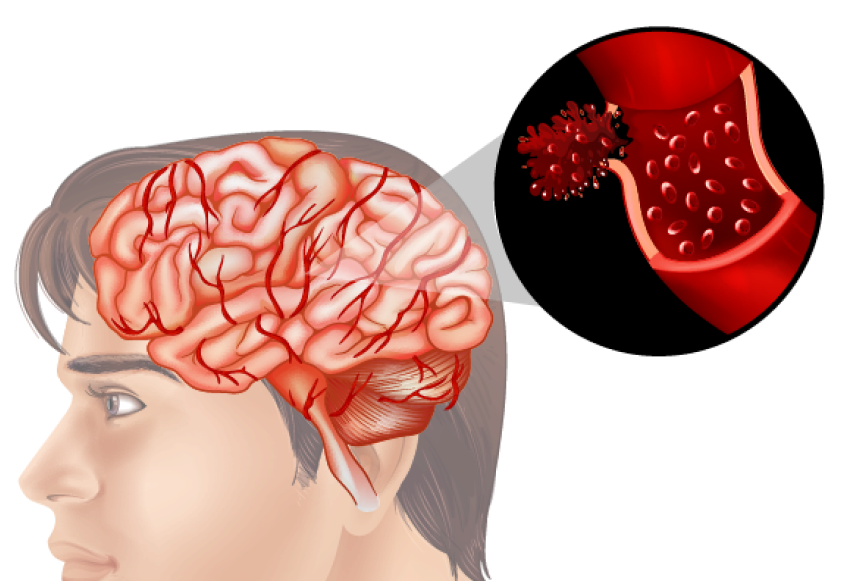Brain cancer's origins are diverse, often influenced by a combination of genetic, environmental, and lifestyle factors:
Genetic Predisposition:
Certain genetic mutations can increase the likelihood of brain cancer development.
Environmental Exposure:
Prolonged exposure to ionizing radiation, such as from medical treatments, can elevate the risk.
Immune System Impact: Individuals with compromised immune systems face an increased susceptibility to brain cancer.
Age and Gender:
Certain types of brain cancer are more prevalent in specific age groups or genders.
While not all brain cancers can be prevented, taking proactive measures can still play a role in risk reduction:
Radiation Safety:
Minimize exposure to ionizing radiation and follow safety guidelines during medical procedures.
Healthy Lifestyle: Engage in regular exercise, maintain a balanced diet, and manage stress to support overall well-being.
Environmental Caution:
Be mindful of potential environmental toxins and limit exposure where possible.
Awareness and Early Detection:
Recognize any unusual symptoms, such as persistent headaches, seizures, or changes in cognitive function, and consult a healthcare professional promptly.
By fostering awareness, understanding risk factors, and embracing proactive measures, we can contribute to better outcomes in preventing and managing these complex and formidable adversaries, ultimately improving health and well-being.

Clinical Trial Information
Aliquam lacinia elementum enim, et feugiat purus lobortis et. Duis a odio mauris.
Suspendisse consectetur sapien vitae odio ultrices tempus. Integer quam metus,
posuere hendrerit iaculis eget, ornare sed lorem. Duis eu fermentum lacus. Maecenas
faucibus libero mattis risus interdum, ac molestie urna tincidunt. In elit ex,
elementum sed nulla aliquet, aliquam euismod ipsum. Nulla facilisi. Ut consequat sit
amet lacus quis iaculis. Praesent ac semper risus, id semper sem. Sed non tortor et
lectus vestibulum consectetur. Fusce tempor non metus sit amet faucibus. Morbi nulla
tortor, tincidunt interdum posuere nec, posuere id sem. Praesent id mattis leo,
tempus pretium diam. Cras et velit ac tellus egestas sollicitudin tempor a ante. In
gravida, purus quis pulvinar gravida, sapien nisi rutrum velit, vel semper orci
lectus vel leo.




